Sydney-based Novalith Technologies said the series A fundraising – led by United States-headquartered venture capital firm Lowercarbon Capital and supported by Australia’s Clean Energy Finance Corporation (CEFC) – will be used to scale up and commercialise its lithium extraction and refining technology.
The funding will be used to build and operate a pilot plant in Sydney near Novalith’s existing research and development hub as the company moves toward the development of a commercial demonstration plant for its patented LiCAL extraction process which it said uses less water, smaller infrastructure, and is a lower cost than current industry standards.
Novalith’s technology uses the carbonic acid in carbonated water instead of strong acids or bases to extract the lithium from resource deposits, forming a lithium carbonate that is then concentrated to create battery grade lithium.
The conventional rock-based lithium extraction process works similarly but uses large amounts of chemicals including sulfuric acid and produces large amounts of waste.
Novalith founder and Chief Executive Officer Steven Vassiloudis said the LiCAL process has the potential to significantly decarbonise the lithium supply chain as well as unlock new lithium ore reserves and opportunities, “providing low-cost and environmentally sustainable lithium to a world that is rapidly racing towards an electric future.”
“To pave the way for a truly sustainable future in lithium-ion batteries and their uses, we have to decarbonise production,” he said. “We want to take this one step further and turn carbon waste into carbon value. We’re using CO2 and sequestering it as part of our process. Doing so, we can minimise across the board – less infrastructure, fewer chemicals, no toxic by-production, less water, and less cost.”
Novalith estimates its technology cuts process costs by up to 65%, cuts plant costs by 50% and reduces plant carbon footprints by 25% when compared with conventional processes. The company also said the process uses 90% less water than current approaches and allows faster access to lithium to help meet rapid electrification ambitions.
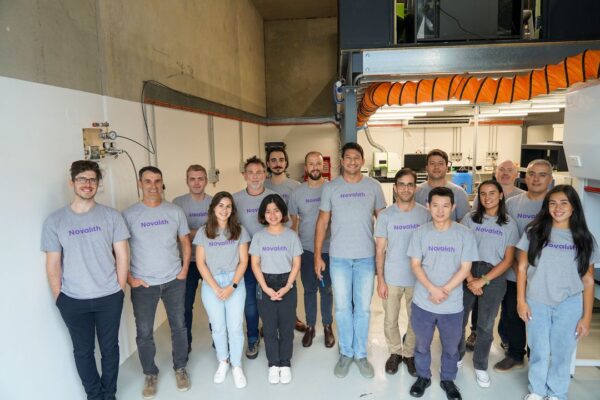
Image: Novalith
CEFC Chief Executive Officer Ian Learmonth said the approach could also allow for Australian-produced lithium ore to be processed closer to mine sites, offering an opportunity for Australia to become a major processing, manufacturing and trading hub for lithium resources as demand continues to grow.
The CEFC expects global demand for lithium-ion batteries to soar from 700 GWh required in 2022 to some 4.7 TWh in 2030 to help meet rapid electrification ambitions. To fuel this demand, the world needs to produce up to 2.7 million tonnes of lithium carbonate equivalent by the end of the decade, a four-fold increase since last year.
“Australia ranks amongst the largest lithium producers in the world, and it’s clear the world will need more lithium than it has now,” Learmonth said. “Novalith’s ambitious technology is changing lithium production to make it greener and more cost effective to power the batteries we need for the storage and electric vehicles that are transforming our energy future.”
US-based Grantham Environmental Trusts’ venture capital vehicle Neglected Climate Opportunities Fund, TDK Ventures, the corporate venture capital arm of Japanese electronics manufacturer TDK, and Sydney-headquartered venture capital firm Investible also participated in the latest funding round.
This content is protected by copyright and may not be reused. If you want to cooperate with us and would like to reuse some of our content, please contact: editors@pv-magazine.com.
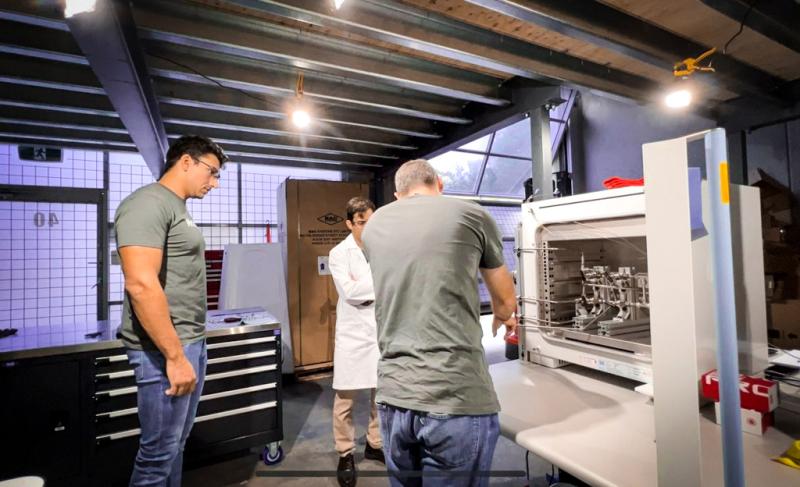



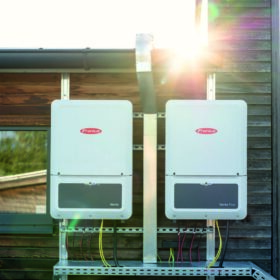

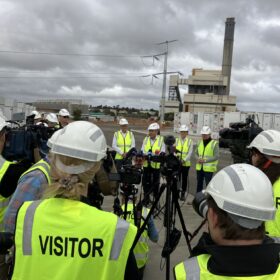
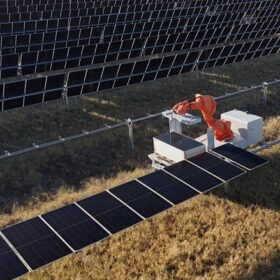

By submitting this form you agree to pv magazine using your data for the purposes of publishing your comment.
Your personal data will only be disclosed or otherwise transmitted to third parties for the purposes of spam filtering or if this is necessary for technical maintenance of the website. Any other transfer to third parties will not take place unless this is justified on the basis of applicable data protection regulations or if pv magazine is legally obliged to do so.
You may revoke this consent at any time with effect for the future, in which case your personal data will be deleted immediately. Otherwise, your data will be deleted if pv magazine has processed your request or the purpose of data storage is fulfilled.
Further information on data privacy can be found in our Data Protection Policy.